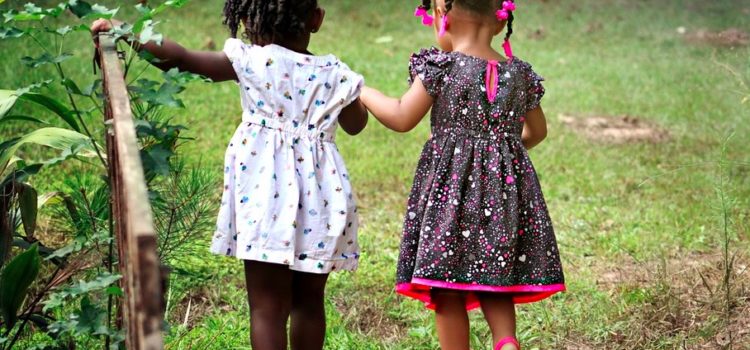Who are Paul Kalanithi’s parents and Paul Kalanithi’s family? How did they help him face his cancer diagnosis? Faced with a devastating diagnosis of lung cancer at a young age and just as he was beginning a promising career, Paul Kalanithi believed that he should hold onto who he was, and try to continue to find meaning in his life. Coming from a medical background, Paul Kalanithi’s parents instilled in him a love of books as well. Paul’s love for literature and quest for meaning took place over his whole life, and in When Breath Becomes Air Paul Kalanithi’s family
Paul Kalanithi’s Parents + Family—Giving His Life Meaning










